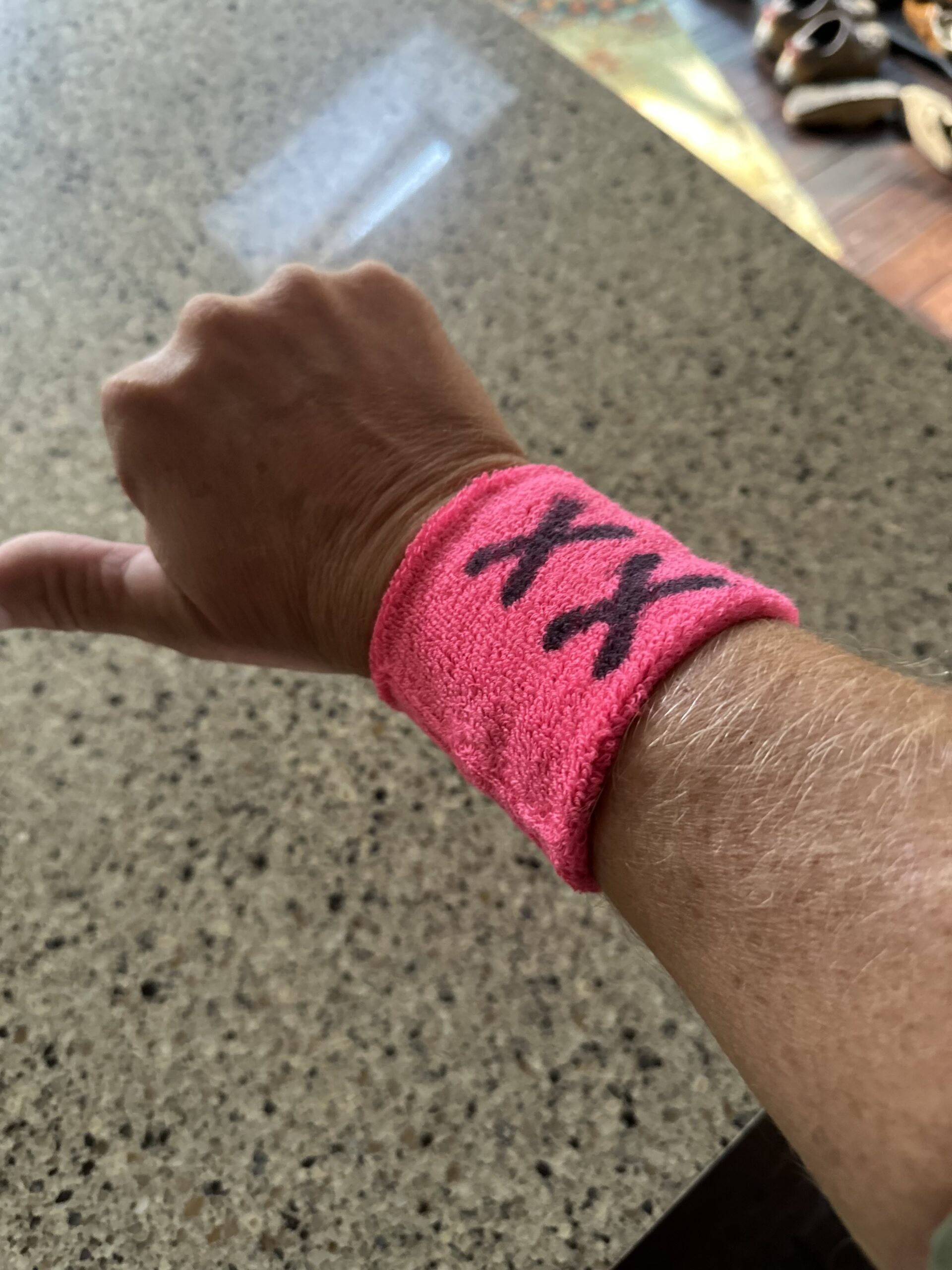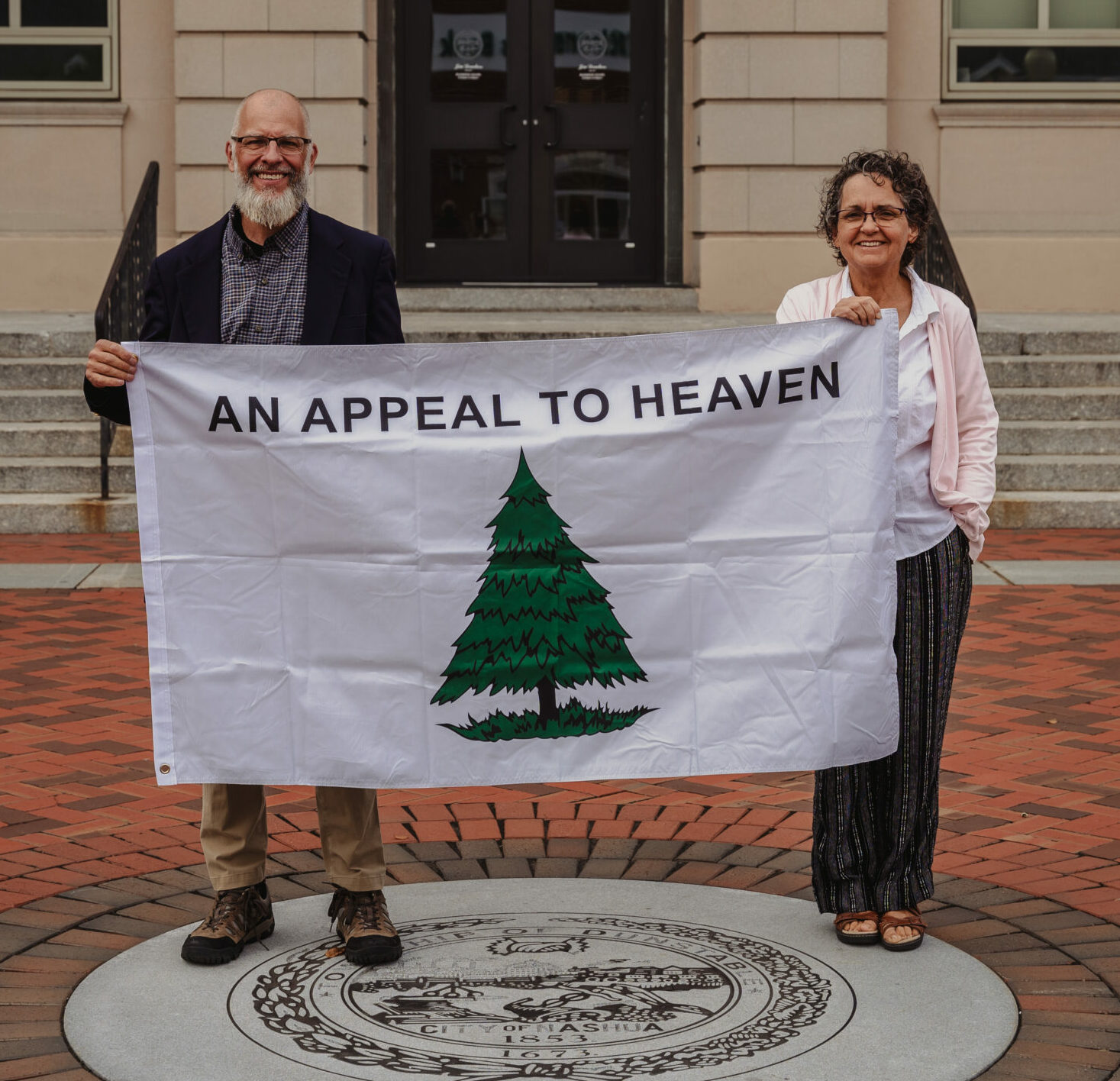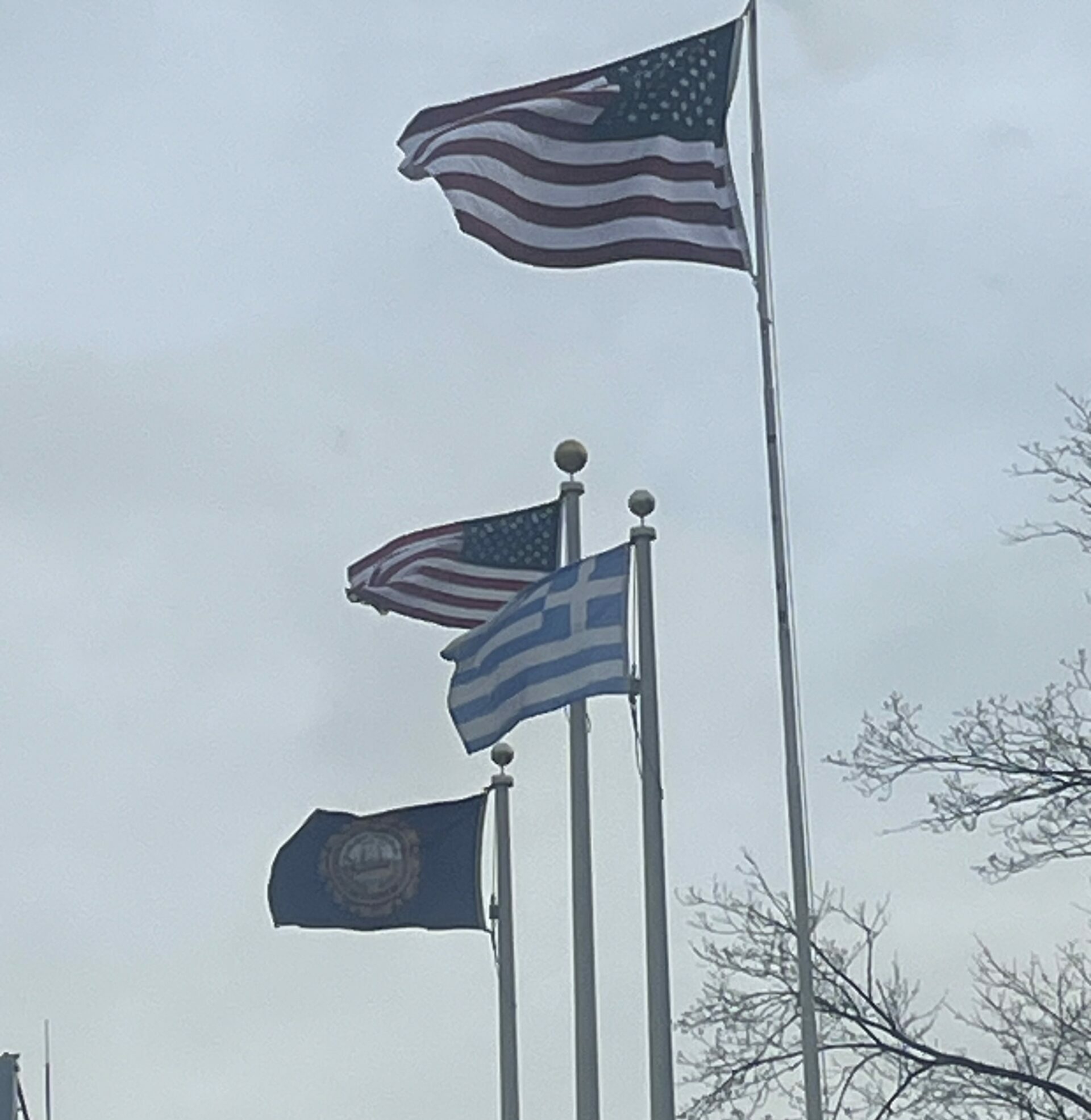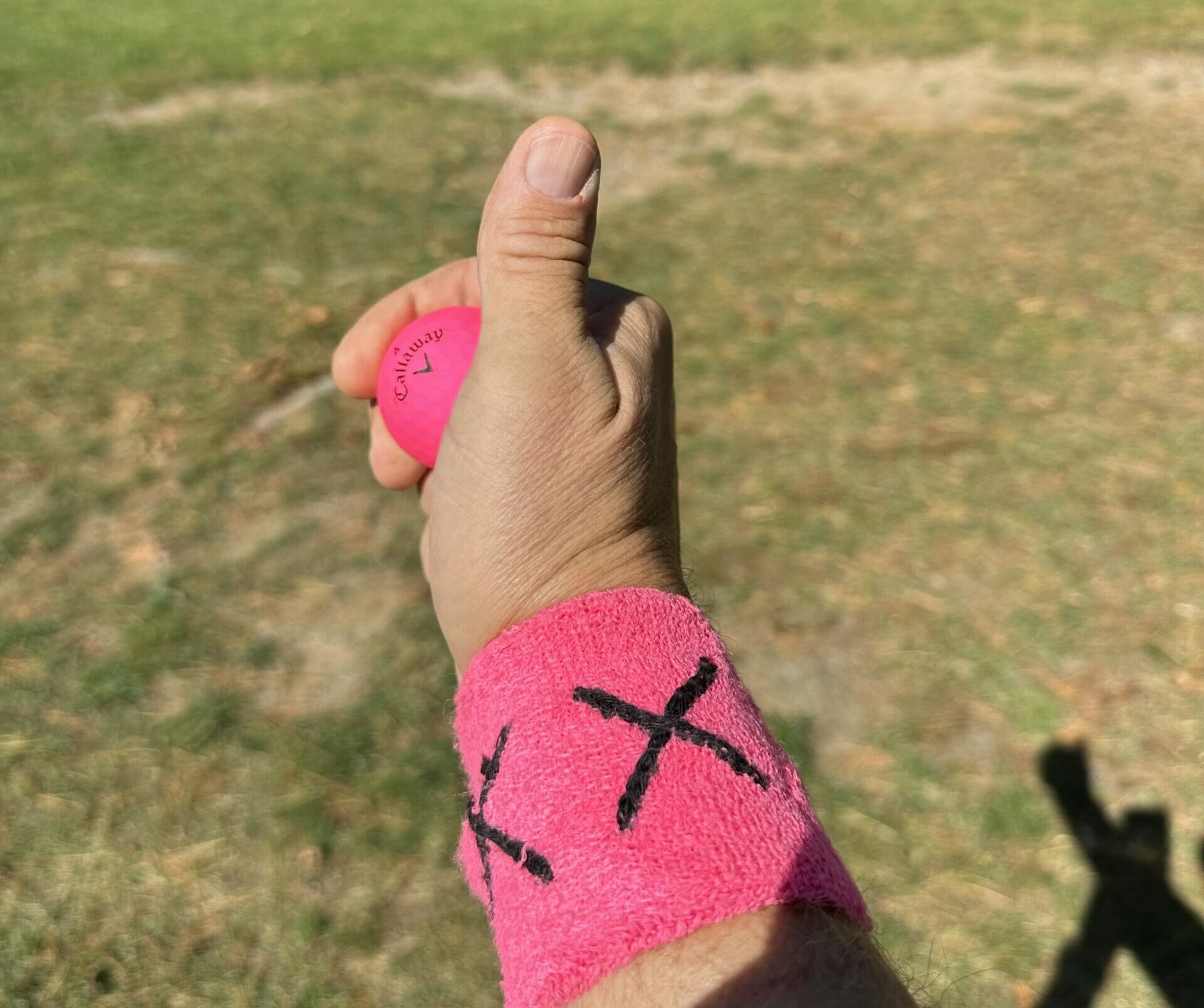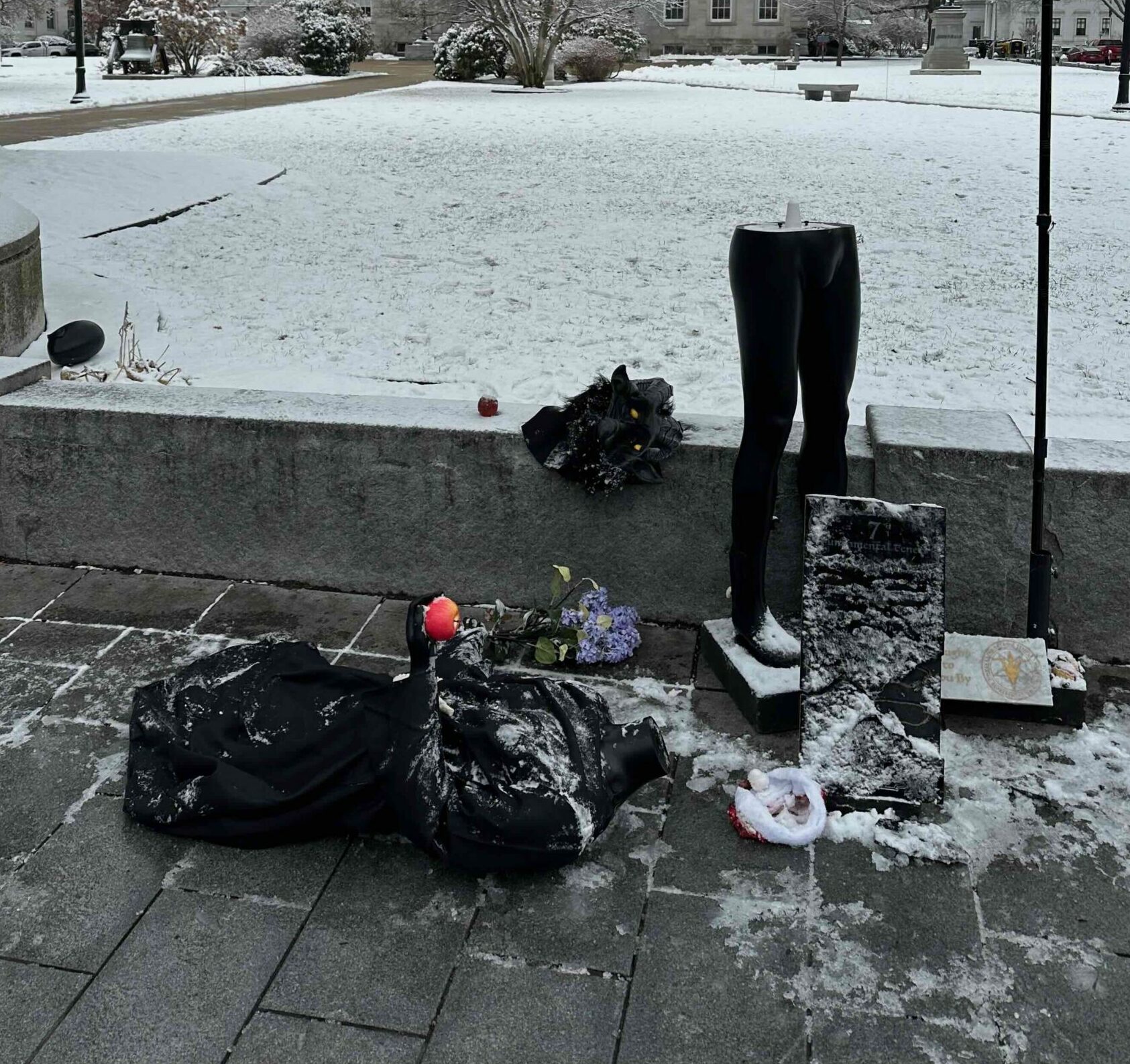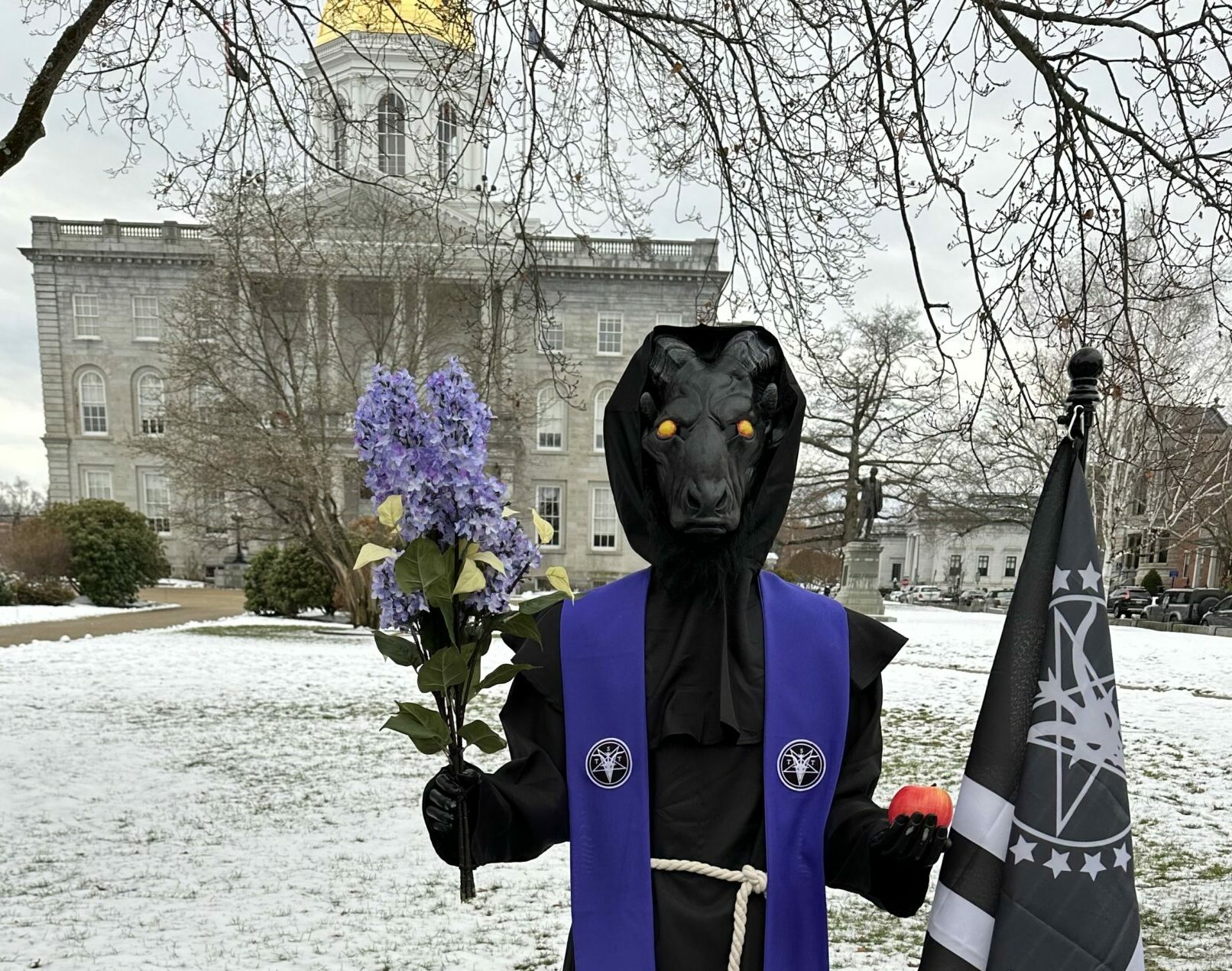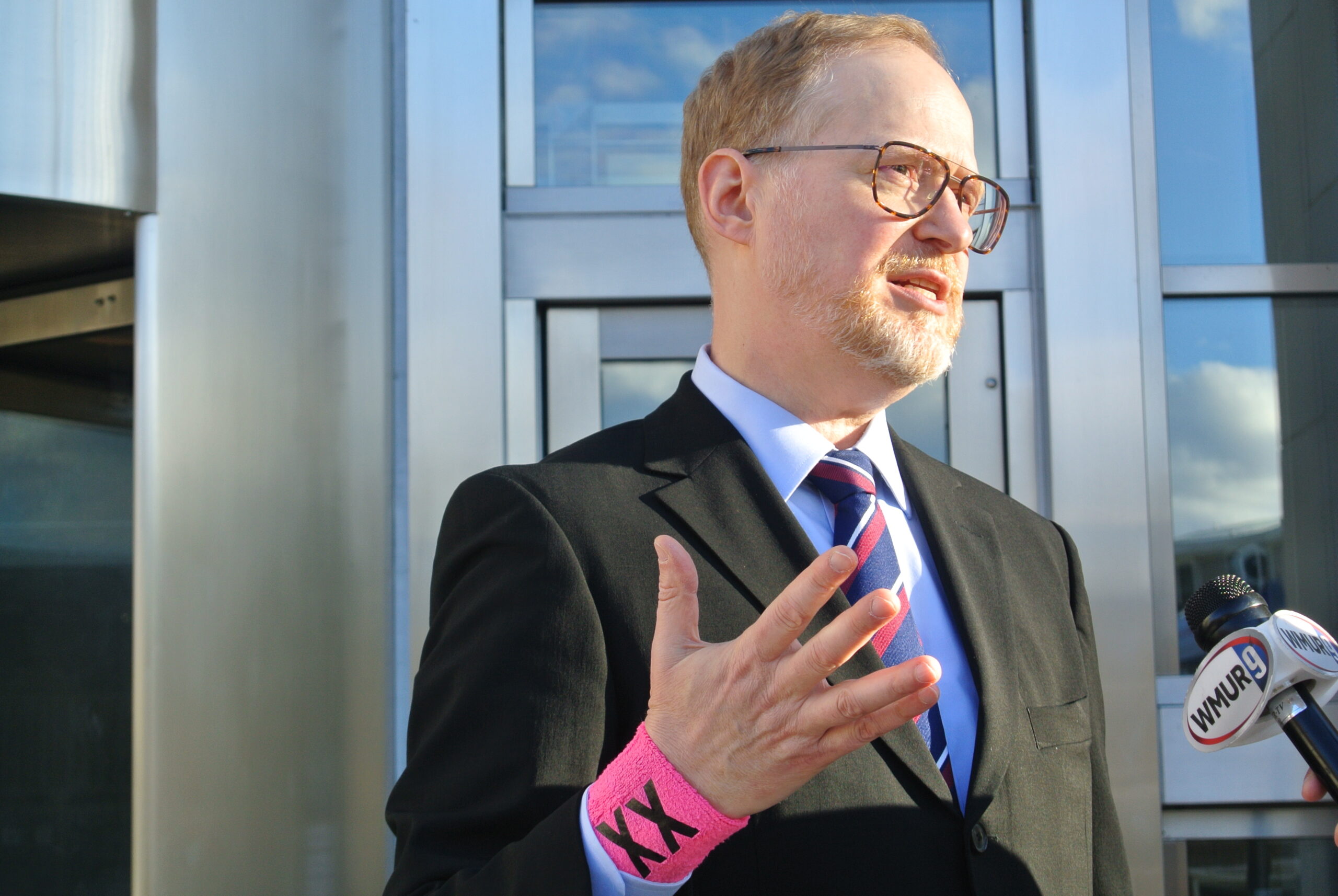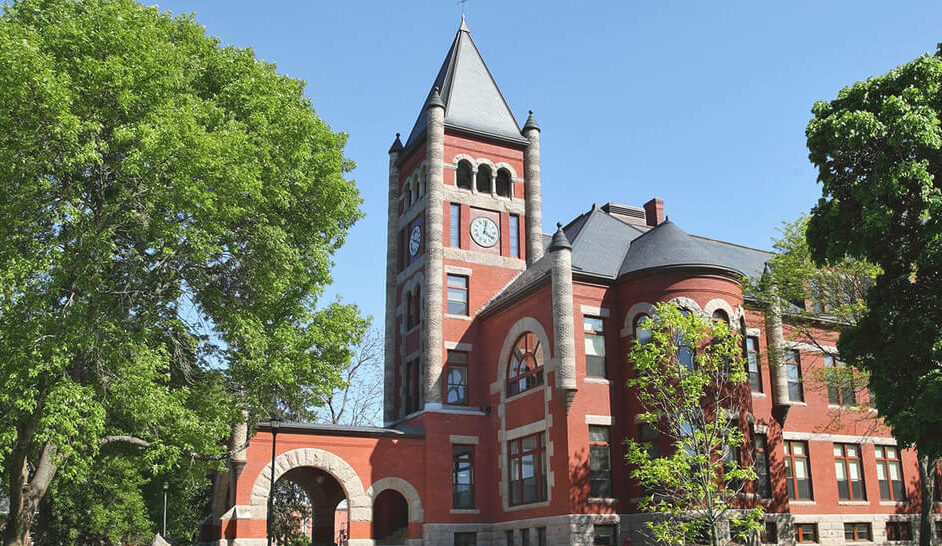Nashua ‘Appeal to Heaven’ Flag Lawsuit Keeps Flying
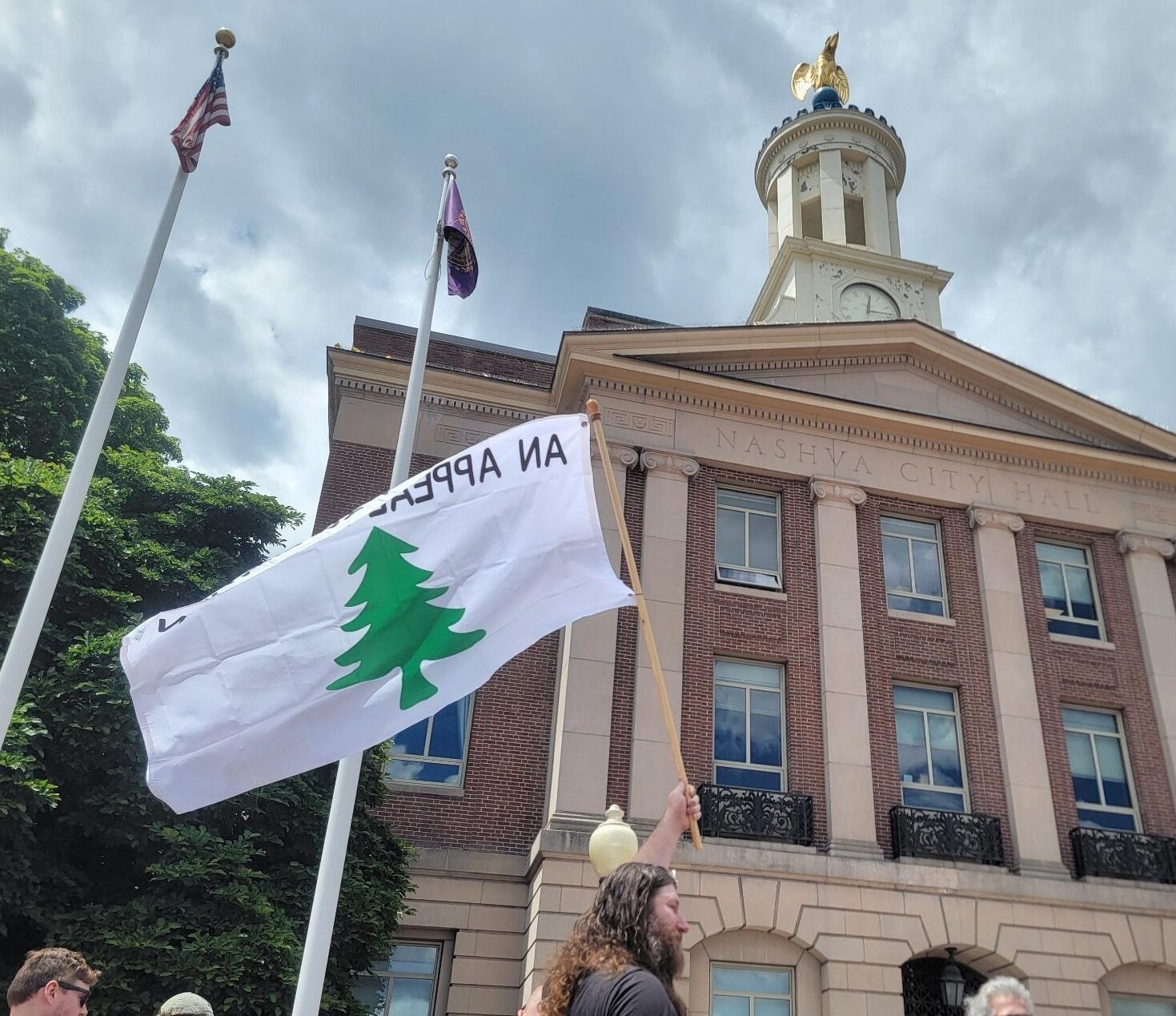
The fight over Nashua’s City Hall Plaza flagpole isn’t over as residents Beth and Stephen Scaer filed an appeal with the First Circuit Court of Appeals in Boston this week, arguing the city is abusing the law to get away with First Amendment violations.
The Scaers, represented by the Institute for Free Speech, took Nashua to court last year after city officials denied them permission to fly an ‘Appeal to Heaven’ Pine Tree flag on City Hall’s “Citizens’ Flag Pole.” According to the lawsuit, the city used vague language in its 2022 flagpole policy to deny the request.
In March, United States District Court Judge Landya McCafferty ruled against the couple. In her ruling, McCafferty agreed with Magistrate Judge Talesha Saint-Marc’s December report on the case which argued the city is exempt from First Amendment considerations thanks to the flagpole policy that defined the pole as government property.
“[Saint-Marc] correctly found that the undisputed facts indicate that the flags displayed on the Citizen Flag Pole pursuant to Nashua’s 2022 Flagpole Policy constituted government speech not regulated by the First Amendment,” McCafferty wrote.
But Nathan Ristuccia and Endel Kolde, the attorneys representing the Scaers, say in their appeal that Nashua is simply using government speech rules to engage in viewpoint discrimination.
“Nashua officials believe that they can manipulate government speech doctrine to subsidize viewpoints that they like and discriminate against citizens whose views they disfavor, Ristuccia and Kolde write. “The City has sought to maintain a Citizen Flag Pole in front of City Hall as a forum for favored constituents, while using its written policies to create a superficial appearance of compliance with controlling precedent. But the city discriminates against minority and dissenting views—exactly those views that need First Amendment protection.”
From 2017 through to 2022, Nashua allowed residents to fly flags at the City Hall Plaza with no written policy for oversight or content restriction. After the city of Boston lost a United States Supreme Court case for banning a Christian group’s flag from its citizens’ City Hall flag pole, Nashua created a written policy to give officials veto power over citizens’ flags. In so doing, according to McCafferty’s ruling, Nashua transformed the flagpole from being a free speech zone, into a government speech zone.
But Ristuccia and Kolde point out that Nashua rejected flags it did not like before the 2022 policy was written.
“Both before and after the formation of the 2022 policy, Nashua officials rejected flags whose messages they disfavored,” Ristuccia and Kolde write.
According to the AmericanFlags.com website, the Appeal to Heaven flag was designed by Colonel Joseph Reed, who served as the personal secretary to George Washington. Originally commissioned for use on six military cruiser ships, the flag was adopted on October 21, 1775. It became the official Massachusetts Navy flag in 1776.”
The pine tree was a symbol of New England and its wealth of natural resources in colonial America. The “Appeal to Heaven” message is a reference to British philosopher John Locke, whose writings on self government greatly influenced the founders.
The Scaers wanted to fly the Appeal to Heaven flag to commemorate Granite Staters who fought in the Battle of Bunker Hill in the opening days of the Revolutionary War. But the city rejected their application on the grounds that the Pine Tree flag “is not in harmony with the message that the City wishes to express and endorse.”
Nashua has allowed residents to fly flags celebrating different religious sects, nationalities, and sexual identities for years. However, Nashua began to take a dim view of some flags, especially those proposed by the Scaers.
Beth Scaer got permission to fly a “Save Women’s Sports flag” for one week in 2020, but it was removed after 24 hours and city staff told her it was “transphobic.”
Stephen Scaer applied to fly a “Detransitioner Awareness Flag” in 2024 to commemorate people who reverse their sex change procedures. He was also told that the symbol “is not in harmony with the message that the City wishes to express and endorse.”
City Attorney Jonathan Barnes argued in court that flying the Pine Tree flag was akin to displaying a Nazi symbol on Hitler’s birthday.
“I mean, [Ristuccia] would have you believe that we can raise the Nazi flag to commemorate Hitler’s birthday. I think that’s totally unreasonable, and it certainly wouldn’t be in the city’s best interests to do that,” Barnes said in court.
The Pine Tree flag is a patriotic symbol with a history with links to the 1772 Pine Tree Riot in Weare, N.H. It was one of the earliest acts of rebellion against British authority in the American colonies, and predates the Boston Tea Party. The dispute, over enforcement of British laws restricting the use of valuable white pine trees, resulted in a group of local men storming the inn in Weare where representatives of the British government were staying and driving them out of town.
The flag was a popular symbol of resistance among New England colonists and its use spread through the Continental Army. George Washington had the flag flown from schooners commissioned for the war.
But, recently, the flag has also been adopted by some right-wing extremists. The flag is used by some in the Christian Dominionist sphere who advocate overthrowing democracy in order to create a Christian theocratic form of government.

